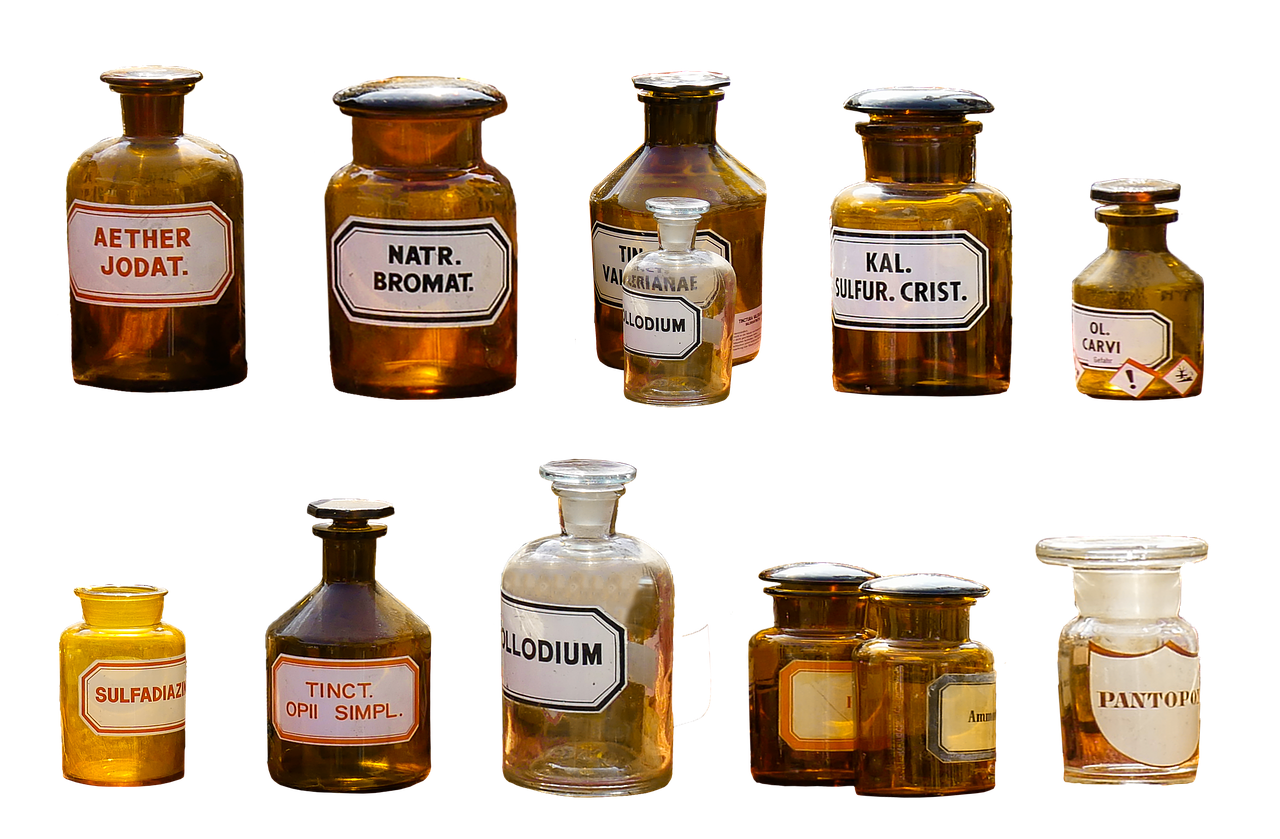
SHOULD WE LEGALIZE ALL DRUGS?
Change Is Coming
Polls now indicate that the majority of Americans approve of legalizing marijuana, whereas in the past that was not so. Decades in coming about, this shift has accelerated lately on the information obtained from states where not only medical but also recreational cannabis use is allowed. As of this writing, 12 states including Colorado serve as case studies in loosening restrictions on this particular substance; with each passing day that these states’ permissiveness does not cause their ruin, the likelihood seems to increase that cannabis will become legal in the rest of the nation. This brings up another question, though: would it be in America’s interest to end the war on drugs altogether, to legalize the so-called hard drugs—cocaine, heroin, methamphetamine, and the like? There are of course worthwhile points to consider on either side of the issue.
The Case For
The war on drugs has costs that many would say outweigh its benefits. Since 2015 the federal government has spent close to 10 million dollars every day to incarcerate drug offenders. This amounts to over 3 billion dollars annually. Around one fifth of prison inmates are serving time for drug offenses, and over a million other people are on probation or parole for them. Making drugs illegal generates black markets that, for lack of lawful recourse, drug dealers defend with violence, and this in turn exposes law enforcement officers and civilians to greater danger than they would face otherwise. Meanwhile, crime and substance abuse rates change in no obvious relation to this program of intolerance; for example, although crime rates are in decline nationwide, the war on drugs as we know it began in 1971 under the Nixon administration, and the current decline began in the 90s mostly for what experts say are unconnected reasons. We have sustained great losses during the war on drugs—in time, money, energy, and human potential—on the assumption that from them we would win some sort of net gain. After almost half a century, it is difficult to show that such a gain has come about.
The Case Against
On the other hand, if the use of an agent like marijuana, one with little potential for addictiveness or toxicity, is fairly easy for a government to condone, that is not true in the case of an agent like heroin, which has much greater addictive potential and a much lower overdose threshold. One could argue that by allowing hard drugs to become available for recreation the government would violate its responsibility to keep citizens safe. And if the government were to legalize such drugs but tax them to discourage their use, it seems reasonable to assume that black markets for them would remain mostly intact. For these reasons some people have suggested a third approach: keep the drugs illegal, but decriminalize possession of small amounts. By reserving prison sentences for those involved in the manufacture and distribution of these substances, we would perhaps achieve the double benefit of removing from our criminal justice machinery many petty cases it is ill-suited to process and at the same time not forcing the government to compromise excessively in its mandate to guard public welfare.
For more information:
